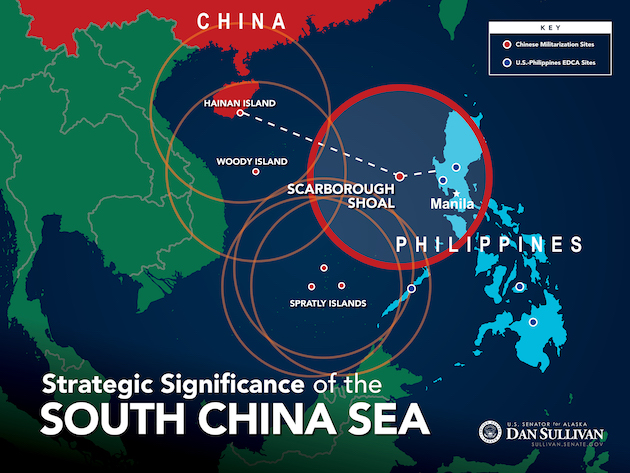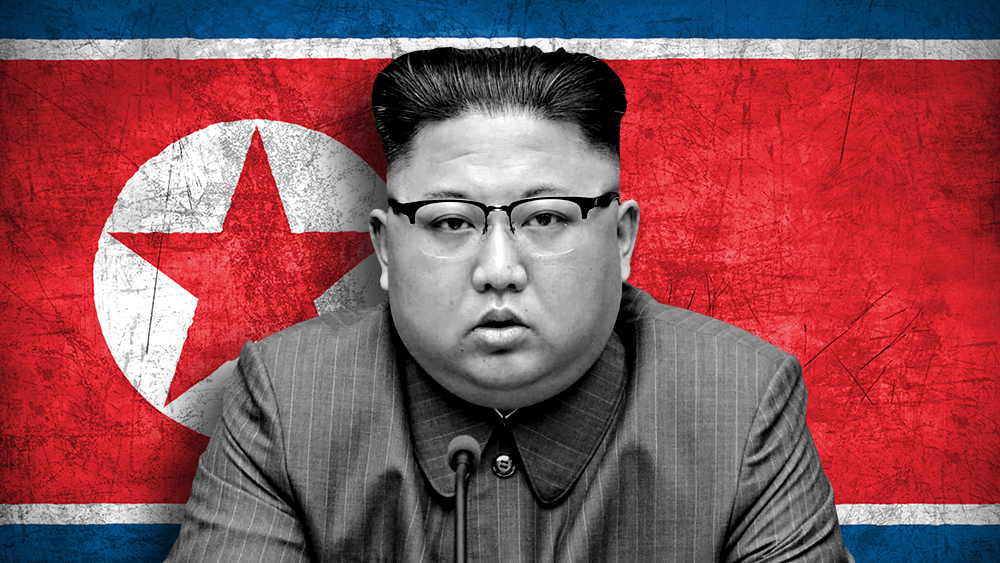
- Following the ouster of Syrian President Assad, Israel announced plans to double the settler population in the occupied Golan Heights.
- Middle Eastern countries Qatar, Jordan, Iran, Iraq, Turkey, Saudi Arabia and Egypt strongly condemned Israel's actions.
- The United Nations and its observer forces in the Golan Heights also criticized Israel's actions, emphasizing the need to uphold the 1974 agreement and maintain stability in the area.
- The situation in the Golan Heights has drawn attention to the complex geopolitical landscape in the region.
- Israel's ambassador to the UN described the military deployment as limited and temporary, citing security threats posed by events near the Syrian-Israeli border.
Several countries have criticized the Israeli government's decision to expand settlements in the Golan Heights after the ouster of former Syrian President Bashar al-Assad.
Earlier in December, the opposition, known as Operation Deterrence of Aggression, led by Hayat Tahrir al-Sham (HTS) and supported by Turkish-backed factions, successfully ousted al-Assad after they surged into the capital, Damascus. Shortly after, HTS leader and commander-in-chief Ahmed al-Sharaa appointed Mohammed al-Bashir to lead a caretaker government until March 1 to provide essential services to civilians and avoid conflicts among various armed factions over state assets and ministries.
The Israeli government then announced its plans to double the Israeli settler population in the occupied Syrian territory, allocating more than 40 million shekels ($11 million) to the project. The expansion comes days after Israel seized more Syrian territory following al-Assad's fall. Additionally, the Israeli government announced its plan after a series of intense bombardments across the country targeting military sites and research centers.
This has drawn sharp criticism from several Middle Eastern nations. Qatar, Jordan, Iran, Iraq, Turkey, Saudi Arabia and Egypt have all condemned Israel's actions.
In a statement released on Dec. 15, the Qatari Foreign Ministry denounced the Israeli incursion as "a dangerous development and a blatant attack on Syria's sovereignty and unity, as well as a flagrant violation of international law." The statement further warned that such actions could escalate regional tensions and violence.
Saudi Arabia's Foreign Ministry echoed a similar stance, stating: "Israel's continued violation of the rules of international law and its determination to sabotage Syria's chances of restoring its security, stability and territorial integrity." The kingdom's foreign ministry then called on the international community to denounce the Israeli campaign.
Iraq, meanwhile, called the Israeli actions a "grave violation under international law." Baghdad stressed the importance of upholding Syria's sovereignty and integrity and called on the United Nations Security Council to take action against the aggression. Iran, too, condemned the "aggression," with Foreign Ministry spokesman Esmail Baghaei describing it as a "flagrant violation of the United Nations charter."
United Nations officials also condemn the Israeli actions in Syria
The United Nations Disengagement Observer Force (UNDOF), responsible for monitoring the buffer zone separating the occupied Golan Heights from Syrian-controlled areas also joined the chorus of condemnation.
"There should be no military forces or activities in the area of separation. And Israel and Syria must continue to uphold the terms of that 1974 agreement, and preserve stability in the Golan," UN Secretary-General Antonio Guterres's spokesman Stephane Dujarric said.
Meanwhile, Israel's ambassador to the UN said that the deployment of soldiers into the area was "limited and temporary."
"I addressed the Security Council and clarified that in response to the developing security threat on the Syrian-Israeli border and the danger it poses to our citizens, we have taken limited and temporary measures," UN Ambassador Danny Danon wrote on X.
WWIII.news has more stories about Israel.
Watch this clip of Benjamin Netanyahu suggesting that a new Israeli settlement in the Golan Heights be named after U.S. President-elect Donald Trump.
This video is from the NewsClips channel on Brighteon.com.
More related stories:
Israel continues to unleash hell on Earth, with 250 new airstrikes across Syria.
The fall of Syria: A dangerous prelude to war with Iran?
Sources include:
Please contact us for more information.


















